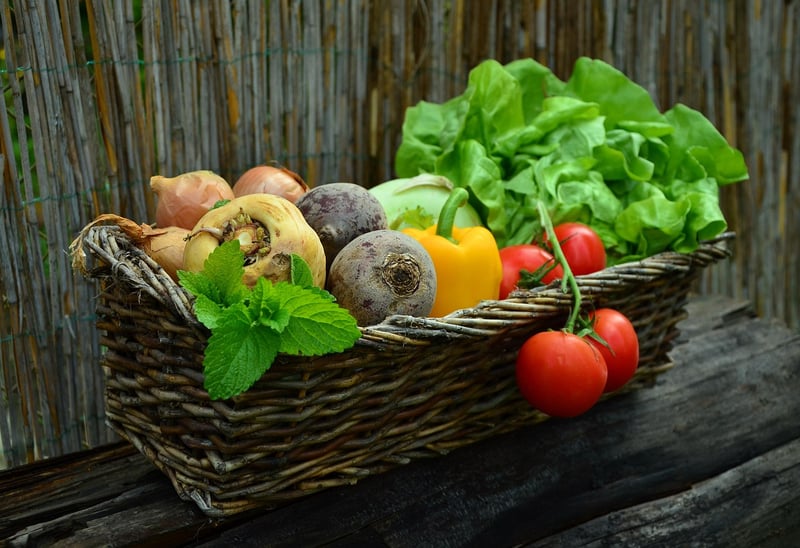Storage Ideas
Maximizing Your Yield: Effective Storage Ideas for Every Home Gardener
Are you an avid home gardener looking for ways to get the most out of your yield and ensure your produce stays fresh for longer? Proper storage is key to maintaining the quality and longevity of your fruits and vegetables. In this article, we'll explore some effective storage ideas to help you make the most of your harvest.
1. Utilize Proper Containers
Invest in a variety of containers such as glass jars, airtight plastic containers, and produce bags to store different types of produce. Make sure they are clean and dry before use to prevent mold growth.
2. Store Fruits and Vegetables Separately
Some fruits release ethylene gas as they ripen, which can cause vegetables to spoil faster. Store fruits and vegetables in separate areas of your refrigerator or pantry to prevent premature spoilage.
3. Optimal Temperature and Humidity
Each type of produce has specific temperature and humidity requirements for storage. For example, root vegetables like potatoes prefer cool, dark places with moderate humidity, while tomatoes should be stored at room temperature away from direct sunlight.
4. Freezing and Canning
Extend the shelf life of your harvest by freezing or canning excess fruits and vegetables. Invest in a good quality freezer or canning equipment to preserve your produce for months to come.
5. Use Vacuum Sealers
Consider investing in a vacuum sealer to remove air from containers and prolong the freshness of your produce. Vacuum sealing helps prevent oxidation and freezer burn, keeping your food fresh for longer.
6. Label and Rotate Your Stock
Label containers with the date of storage to ensure you use the oldest produce first. Rotate your stock regularly to prevent any items from being forgotten and going to waste.
7. Properly Store Herbs and Greens
Herbs and leafy greens like lettuce and spinach have specific storage requirements to maintain freshness. Store herbs in a glass of water on the counter or wrap them in a damp paper towel and place them in a plastic bag in the refrigerator.
8. Check and Discard Spoiled Produce
Regularly inspect your stored produce for signs of spoilage and discard any items that show mold, rot, or unusual odors. Removing spoiled produce promptly helps prevent the spread of decay to other items.
By implementing these storage ideas, you can maximize the yield from your garden and enjoy fresh, homegrown produce for longer periods. Remember, proper storage practices are essential for reducing food waste and getting the most out of your gardening efforts.
Happy gardening and happy storing!

Image Source: Pixabay
